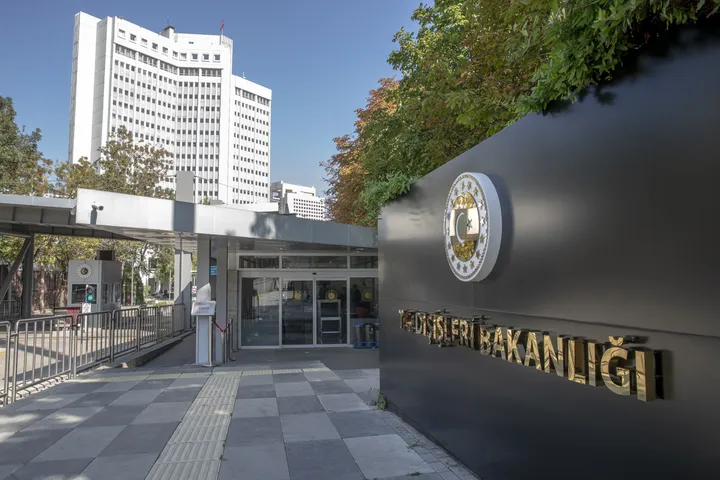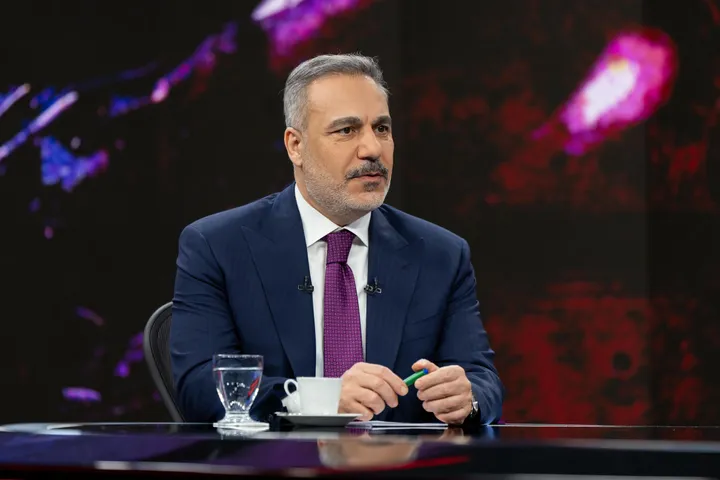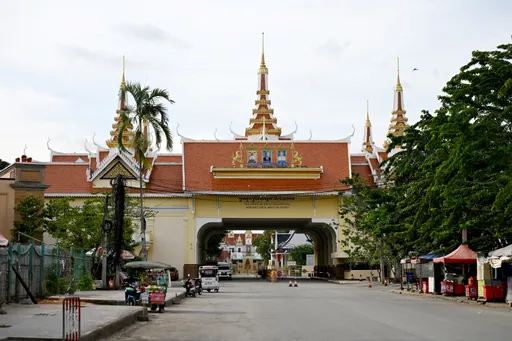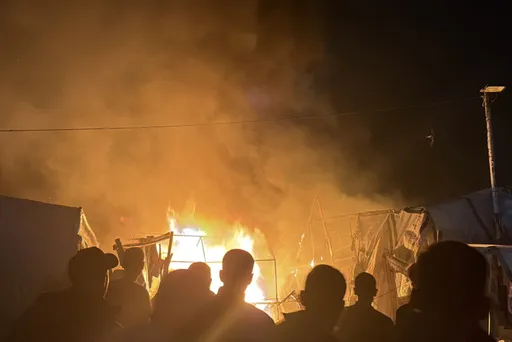Turkey’s parliament speaker will visit Iraq on Saturday to attend a summit of legislative chiefs in Baghdad, according to a statement from Turkey’s parliament on Friday.
Mustafa Sentop will attend the Baghdad summit of parliaments of neighbouring countries, along with a delegation to meet their counterparts from Iraq, Iran, Saudi Arabia, Kuwait, Turkey, Jordan and Syria.
The summit will be headed by Speaker of Iraq’s Council of Representatives, Mohammed al Halbusi.
Sentop will also address the parliament speakers and lawmakers during the summit.
Security in Iraq, the fight against terrorism, regional cooperation, as well as the development of economic and political relations are expected to be discussed in the summit.
Following a luncheon hosted by Halbusi, the summit will close with a final declaration.
























